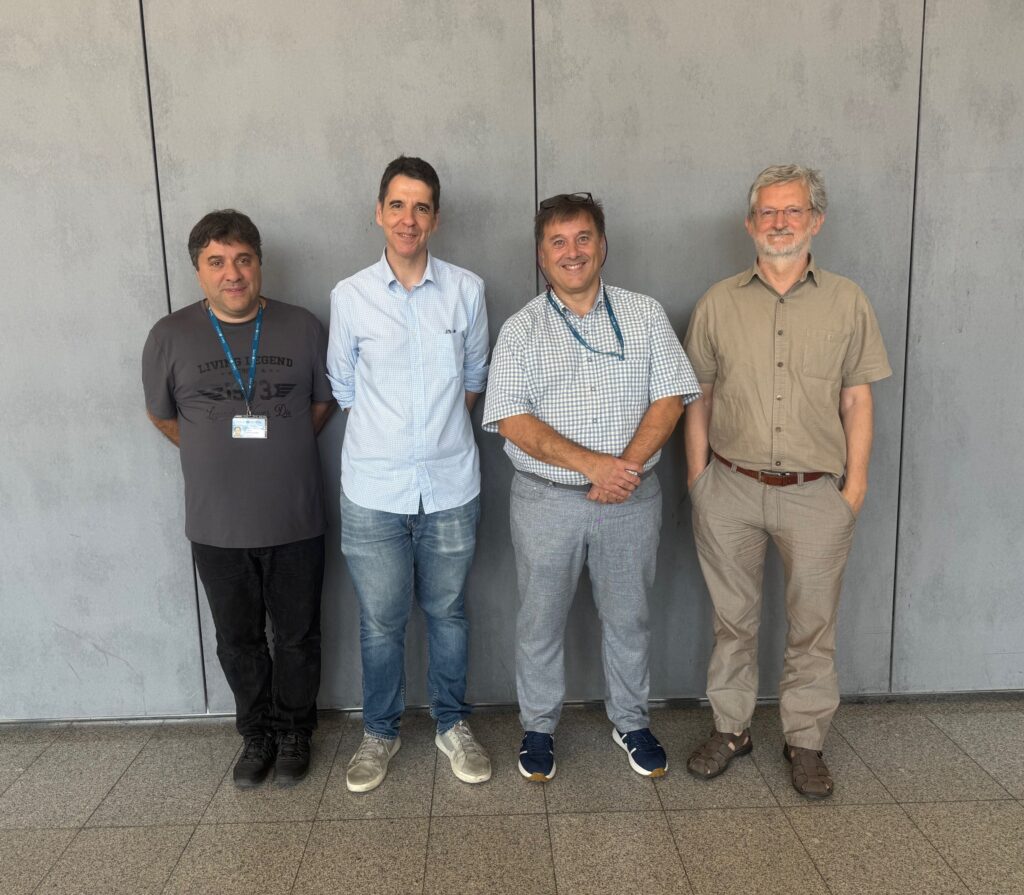With a kick-off in Oslo, today marks the start of CancerWatch, a new EU Joint Action that will transform how Europe collects, harmonizes, and uses cancer data. Coordinated by the Norwegian Institute of Public Health and involving 92 partner organisations from 29 countries, CancerWatch will enhance the quality, comparability, and timeliness of data from population-based cancer registries (PBCRs) across Europe.

Accurate, complete, and up-to-date cancer data are essential for monitoring trends, identifying inequalities, and evaluating the impact of prevention, early detection, and treatment programmes, as well as Quality of Life and survival rates. CancerWatch will ensure that high-quality data are available to the European Cancer Information System (ECIS), which plays a central role in Europe’s Beating Cancer Plan and the European Cancer Inequalities Registry.
Why it matters
At present, cancer data across Europe vary in quality, coverage, and timeliness. Some regions lack full registry coverage, while others face delays of more than two years before data can be shared. CancerWatch will:
A pan-European effort
CancerWatch unites national cancer registries, public health institutes, research organisations, and ministries of health in a coordinated effort to strengthen Europe’s cancer intelligence. The Joint Action will deliver new tools, shared methodologies, and a roadmap for future cancer indicators, while also identifying opportunities to expand registry coverage into currently uncovered regions.
“By improving the quality and timeliness of Europe’s cancer data, CancerWatch will help ensure that policies and research are based on the best possible evidence – ultimately saving lives and enhancing quality of life for cancer survivors,” says Giske Ursin, Project Coordinator, Norwegian Institute of Public Health.
“Better data means better cancer control. With CancerWatch, we are building the foundations for more effective prevention, diagnosis, treatment, and equitable access to care across Europe,” adds Gijs Geleijnse, Scientific Coordinator, Norwegian Institute of Public Health.
Philippe Roux, Head of Unit for Cancer, health in all policies at the European Commission’s Directorate General for Health and Food Safety emphasizes the importance of CancerWatch. “The European Cancer Inequalities Registry (ECIR) is a vital policy instrument that helps EU Member States identify inequalities in cancer prevention, care, and outcomes, and the areas that can be improved. I strongly encourage all countries and stakeholders to use it. At its core, the ECIR relies on high-quality, population-based cancer data. Through the CancerWatch Joint Action, we will strengthen this foundation and deliver timely insights to reduce cancer inequalities across Europe.”
Background
Population-based cancer registries have been the backbone of cancer surveillance in Europe for decades, enabling countries to track incidence, mortality, and survival. However, differences in legal frameworks, interoperability, and resources mean that data completeness and timeliness vary widely. CancerWatch builds on the work of the European Network of Cancer Registries (ENCR), the Joint Research Centre (JRC), and international partners such as the International Agency for Research on Cancer (IARC), aligning efforts to deliver faster, more reliable insights.
About the project
For more information, visit: www.encr.eu/CancerWatch